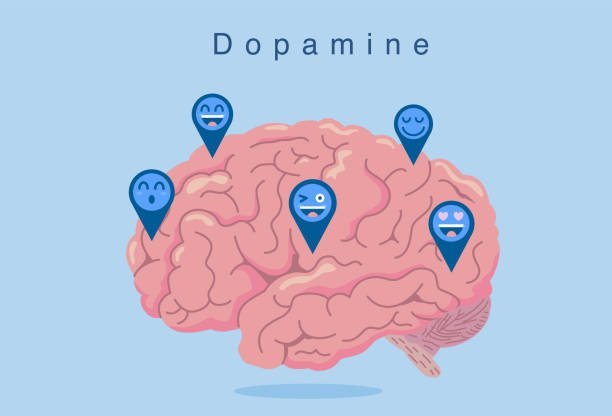Introduction
Supporting someone through drug addiction rehab can be challenging and emotional journey for both the individual and loved ones. It is not easy witness the destructive effects of addiction, but with the right and support, successful rehabilitation is possible. In this article, we will explore different aspects supporting drug addiction rehab through intervention.
Understanding Drug Addiction
Before diving into the details of rehab programs and interventions, it is crucial to understand what drug addiction truly entails. Drug addiction is a complex brain disorder that affects a person’s behavior, emotions, and overall well-being. It can lead to severe physical and psychological harm, as well as strained relationships with loved ones.
Types of Drug Addiction Rehab Programs
There are various types of drug addiction rehab programs available to cater to each individual’s unique needs. These programs include inpatient rehab, outpatient rehab, detoxification programs, counseling sessions, and support groups. Each program has its merits and should be tailored to suit the specific circumstances and requirements of the person seeking treatment.
The Importance of Intervention
Intervention plays a pivotal role in encouraging addicted individuals to seek professional help and enter a rehab program. Often, those suffering from addiction may be in denial or resistant to the idea of rehab. A carefully planned intervention can help break through these barriers and convince individuals that treatment is necessary to reclaim their lives.
Planning an Effective Drug Addiction Intervention
Planning an intervention requires careful thought and consideration. It is essential to involve a professional interventionist who can guide and facilitate the process. Family and friends should come together to develop a well-structured plan that ensures the success of the intervention and presents a united front in support of the individual seeking help.
The Role of Family and Friends in Supporting Rehabilitation
Family and friends play a crucial role in the recovery process of someone struggling with drug addiction. By providing unwavering love, support, and understanding, they create a safe and positive environment for the individual to heal. It is vital to educate oneself about addiction and be prepared to participate actively in their loved one’s treatment and aftercare.
Choosing the Right Drug Addiction Rehab Facility
Selecting the appropriate drug addiction rehab facility is vital for successful recovery. Factors such as location, treatment methodology, qualified staff, and available support services should all be considered. Researching different facilities, reading reviews, and consulting professionals can help make an informed decision that aligns with the needs of the individual seeking treatment.
The Treatment Process
The treatment process in drug addiction rehab typically begins with detoxification, followed by therapy and counseling sessions. Detoxification assists in removing the harmful substances from the body, while therapy aims to address underlying issues contributing to addiction. Therapy may include individual counseling, group therapy, behavioral therapy, and holistic approaches such as art or music therapy.
Supporting Long-term Recovery
Achieving long-term recovery requires ongoing support even after completing a rehab program. This includes continued therapy, participation in support groups, engaging in healthy activities, maintaining a sober network, and embracing a lifestyle free from triggers and temptations. Loved ones must continue providing emotional support and understanding during this critical phase of the individual’s journey.
Conclusion
Supporting successful drug addiction rehab through intervention is a collaborative effort involving the individual seeking treatment, their family, friends, and professionals. Understanding the nature of drug addiction, planning effective interventions, selecting the right rehab facility, and providing ongoing support are all essential steps toward achieving long-term recovery. With unwavering love, empathy, and commitment, it is possible to help individuals overcome addiction and rebuild their lives.



